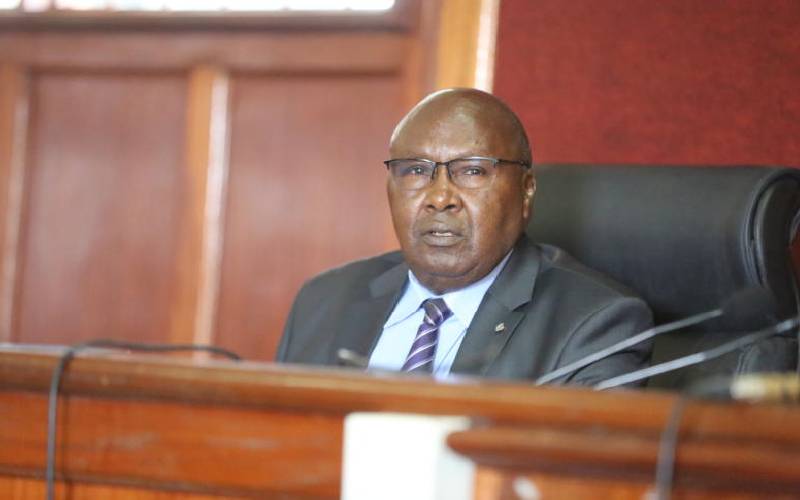×
The Standard e-Paper
Home To Bold Columnists

University students can now breathe a sigh of relief after the High Court settled a long-running accreditation battle between the Commission for University Education (CUE) and professional bodies.
For the past three years, many students have fallen victim of programmes accreditation tussle, leaving many in despair.